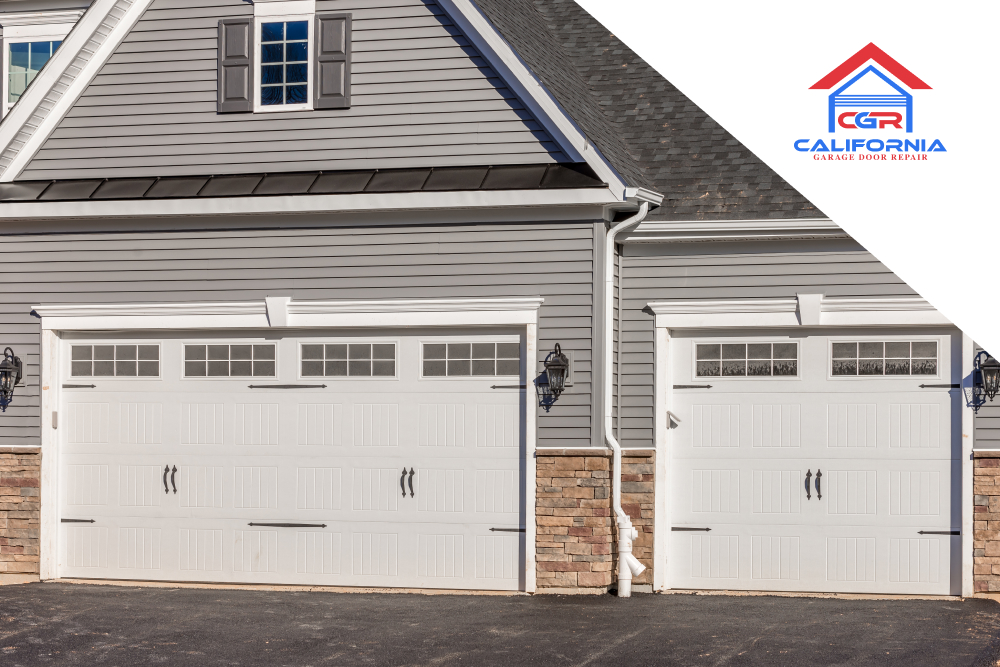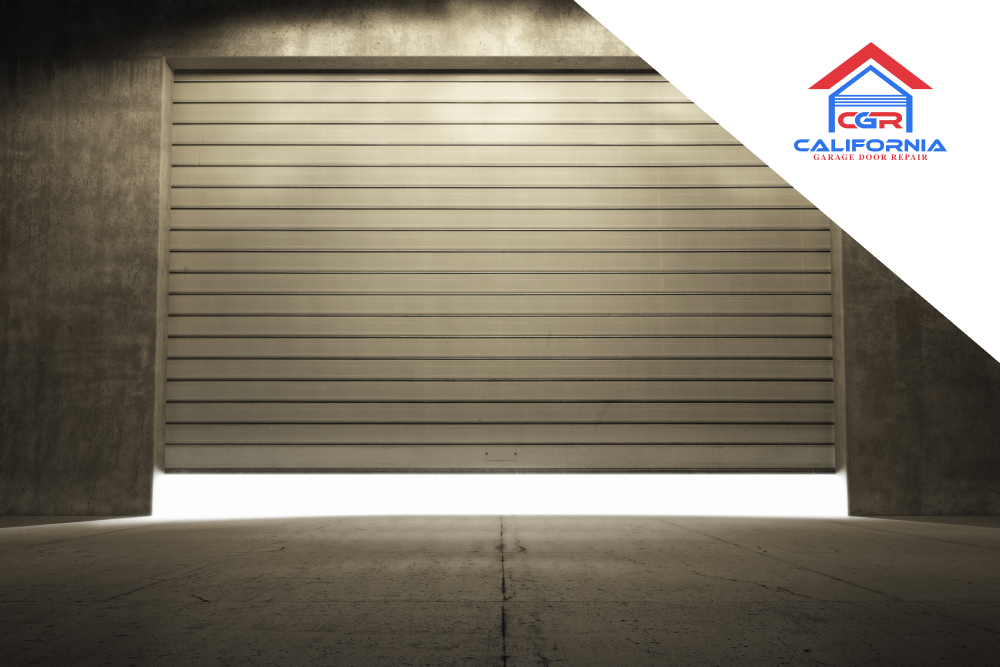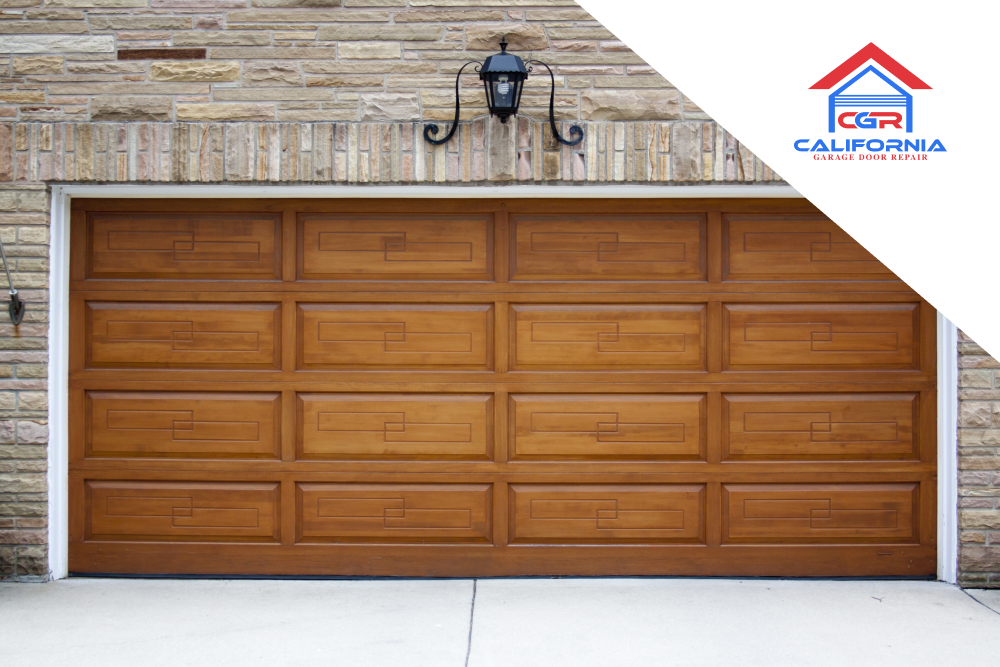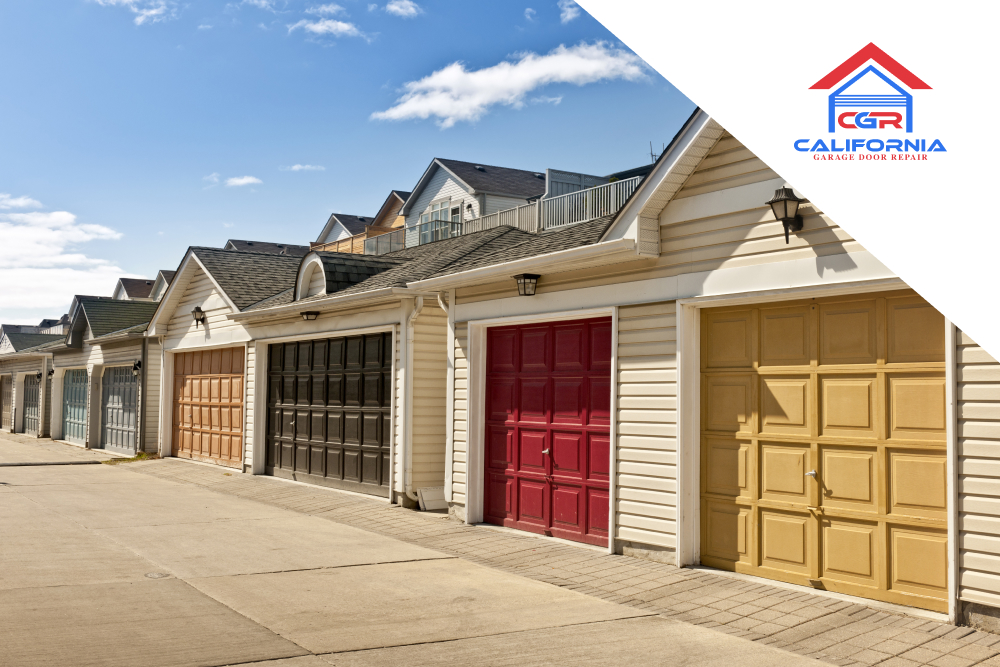California is known for its Mediterranean-like climate. Unlike other states, California experiences tamer summers and milder winters. So, if you’ve recently bought a home in the Golden State, you’re probably wondering, are insulated garage doors worth it?
While the answer may seem like a no-brainer, you might be surprised that insulated garage doors in California are actually a good choice. Read on to know why, along with tips on where you can find the best California door company to install it for you.
Do insulated garage doors work in California?
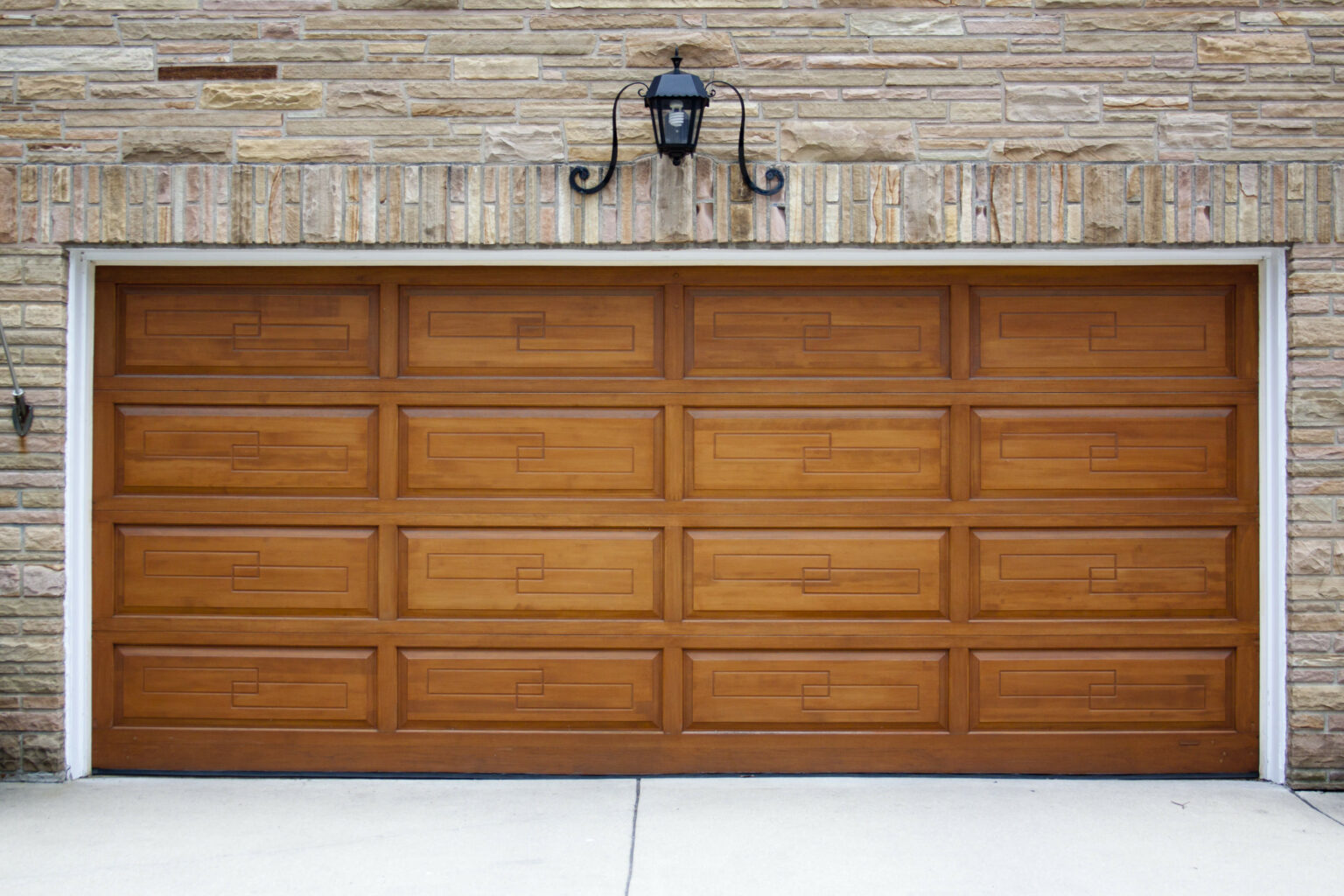
Insulating a garage door is not only in preparation for winter. It’s also a year-round protection for your garage, which makes it a good choice even if you’re in a typically fair-weathered place like California.
So, if you’re still unsure whether you should insulate your garage door or not, these benefits may convince you to go for it:
1. Protects against outdoor elements
Is an insulated garage door worth it? If your home is prone to damage due to outdoor elements, then insulation is definitely a must for your garage door.
Aside from temperature control, it also prevents moisture from getting inside. This can prevent condensation buildup, which is a common garage door problem that can lead to molds and mildew.
In turn, this keeps your garage safer and cleaner in the long run.
2. Blocks outside noises
An insulated garage door not only serves as a buffer against harsh temperatures but also as a muffler for various noises.
First off, lightweight and uninsulated garage doors are the noisiest due to the components that rattle during operation. This can be particularly disruptive at night and can become an issue with your local homeowner’s association (HOA).
Aside from that, insulation can also block outdoor noises from getting into your garage. This is very helpful if you live near a main road or if your neighbors aren’t as quiet as you’d want them to be.
3. Reduces your energy costs
Of all the areas in your home, your garage often has the least insulation. This will allow cold or hot air to enter, which can disrupt your comfort level.
When this happens, your air conditioning system will have to compensate for the change in temperature. And by the time you get your electricity bill, you’ll be surprised by the sudden surge.
Insulating your garage door can help reduce this problem. And while the insulation itself will set you back for a few hundred dollars, you can easily recoup the cost in just a few months.
4. Increases your door’s lifespan
Insulated doors often last longer than uninsulated types. The extra material blocks wear and tear from getting into the door’s components.
With this added layer of protection, your door panels are less likely to sag, rip, or bend easily. This will help extend the lifespan of your door, especially if kids love playing ball near the door or if your garage door gets direct sunlight most of the day.
Overall, insulation will prevent many common garage door problems. Just make sure that you hire a reliable California garage door company to install it for you.
5. Improves your home’s security
Insulated garage doors are harder to breach, making them a more difficult target among burglars. Overall, the insulation will reinforce the structural integrity of your garage door and make it more resistant to forced entry.
While it’s not an absolute solution to break-ins, the insulation can give you added peace of mind.
6. Protects your stored belongings
Many of our clients in California use their garages as storage for various household items. This is where insulation comes in handy, ensuring that it’s safe from temperature changes and other harsh elements.
7. Blocks pests from entering your garage
Insulation can also block pests from nesting in your garage. Take note that mice only need a hole as small as a dime to start invading a space, so insulation will add a layer of protection against these critters.
Take note that insulation alone isn’t the only solution for garage pests. Make sure you also keep your space clean and free of any pest attractants.
8. Gives you better privacy
Garage door insulation can also improve the privacy of your home. It will block sounds from inside your garage, which is a big advantage if you’re using your garage for various activities, say woodworking, as a home office, and whatnot. This will also save you from HOA complaints in the long run.
How to choose the right insulation for California garage doors
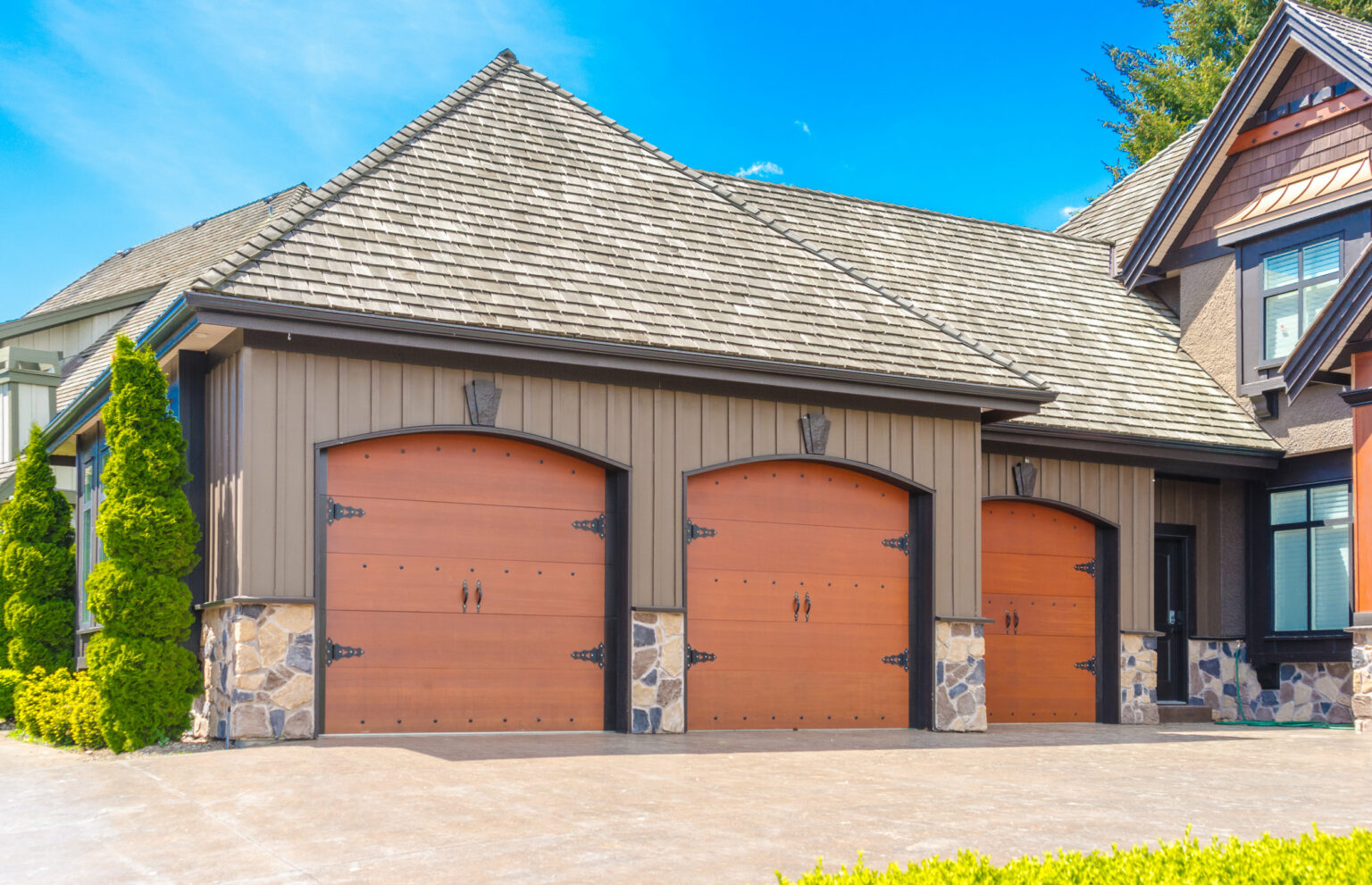
Take note that garage door insulation comes in different types. It’s important to choose the right one that suits your garage door, your needs, and your budget.
For the most part, here are the aspects we consider when helping our clients pick the right insulation for their garage doors:
1. Know the R-value
The first thing you should look for in a garage door insulation is its ‘R-value’. This refers to the material’s thermal resistance or how well it can resist heat. It typically ranges from 0 to 20, with 20 as the highest and most heat resistant.
So, is a higher R-value garage door worth it if you’re living in California? Most of the time, our clients in CA don’t really need high R-values for their insulation unless their garage doors directly face the sun.
Overall, we usually recommend an R-value of R-12 to R-16 for garage doors attached to the house. This number can be lower, depending on how much sun your place gets.
Take note that the R-value doesn’t represent the insulation’s weather-proofing capacity. It’s just a measurement of how it can resist temperatures. If your goal is to weather-proof your garage, you also need weather stripping and weather seal, among other installations.
2. Choose the right type
There are many types of garage door insulation you can choose from. Nowadays, our clients often choose between polyurethane and polystyrene.
Polyurethane insulation is thicker and administered by injecting foam between two layers of your door panels. This foam will expand inside and fill every crevice and nook, ensuring that your door is well-covered.
With this, polyurethane insulation makes your garage door more durable against dents. It will also make your doors quieter since it reduces rattling.
On the other hand, polystyrene insulation is available in panel form and is not sprayed like polyurethane. It’s attached between your door’s steel layers, making it waterproof and resistant to moisture.
Overall, polystyrene insulation suits most garage doors since it can be easily cut out into different panel sizes. It’s also cheaper and easier to remove once you need to replace the insulation
3. Compare costs from providers
The insulated garage doors cost varies based on different factors. First, we have to check several factors, including the following:
- Size of your door. Bigger garage doors require more insulation material, which will directly reflect on their overall cost. For example, a 2-car garage door insulated will cost more than a standard 1-car door.
- Insulation type. As we’ve mentioned earlier, polystyrene is often the cheapest option for garage door insulation. However, if you request other materials, it will likely cost more.
- R-value. Insulated garage door prices are largely affected by its R-rating. Higher R-ratings cost more since the material is more heat-resistant. The good thing is that you’re less likely to require such expensive options since you’re in California.
- Additional upgrades. Take note that the addition of insulation on your garage door will also need upgrades on other parts. For example, you may need to get a new opener if it’s not strong enough to pull the added weight. You may also need to adjust your torsion spring, among other things.
If you want to get an accurate estimate for your garage door insulation, contact us at California Garage Door Repair today. You can call us 24/7 or request a quote through our website form.
4. Check your door type
Another thing we have to consider is the type of garage door you have. This will affect what type of insulation you’ll need and how much it will cost.
For example, single-layer steel doors often use insulation panels, which are cheaper and easier to come by. Meanwhile, double-layer steel doors may need insulation with a high R-value to repel temperature buildup.
On the other hand, wooden doors will need a special kind of insulation to avoid moisture buildup. This way, it won’t succumb to warping or rotting when exposed to rain or snow.
5. Ask a professional
If you’re unsure what type of insulation to get, you can always ask an expert in garage door repair like us. Our technicians can visit your property to inspect your garage door and see what insulation it needs. We will also assess your location and advise you about the estimated cost of the project.
With the help of professionals, you can avoid guesswork while ensuring that your garage will remain comfy. Take note that the wrong choice of insulation may cause your garage to be warmer, or poor installation may hamper proper ventilation.
Common questions we often get…
1. Can I insulate my old garage door?
A very old garage door may not have the structural integrity to support the additional weight of insulation. Usually, if the door is older than 10 to 15 years, we recommend a new garage door installation to ensure that the door will last as long as the insulation material.
To be sure, you can call us, and we can inspect your garage door to see if it needs to be replaced prior to insulation. Take note that even if your door isn’t old yet but is mired with damage, we may recommend a replacement just the same.
2. Can I insulate a roll-up garage door?
Yes, it’s possible to insulate a roll-up garage door. For this, we use a thermal break/foil insulation, usually around 2 mm thick. We avoid very thick insulation for this kind of door as it may not roll properly during operation.
To attach the foil insulation, we use a strong adhesive or sets of screws and washers for a more snug fit. We install the insulation from bottom to top with the panels running horizontally, parallel to the door’s corrugated pattern.
But before we start the insulation, we may also perform roll up door repair to fix any damages.
3. How long does garage door insulation last?
Most garage door insulation can last for about 5 to 10 years. In most cases, our clients will prefer to replace the entire door once their insulation material has run its lifespan.
Still, the longevity of your door’s insulation depends on various factors, such as wear and tear or frequency of use. If your garage door is well-kept, then your insulation will likely last longer than usual.
4. Does an insulated garage door help increase my home’s resale value?
If the insulation improves the comfort and safety of your garage door, then it will definitely boost the market value of your home. However, it should be installed by a professional, or it may depreciate your property value, especially if the DIY installation damaged your door.
5. Can I install garage door insulation on my own?
DIY insulation installation is possible, especially for panel-type materials. However, if a manufacturer’s warranty still covers your door, it’s best to call a professional to do the installation.
Aside from that, it’s best to hire a garage door technician if you’re opting for spray insulation. This kind of insulation needs expert application; otherwise, you might end up damaging your garage door.
6. Is there any downside to installing garage door insulation?
The only main downside you might encounter is the additional cost of insulation. But other than that, insulating your garage door will boost your comfort, safety, and the door’s longevity.
7. How can I check if my insulated garage door is HOA compliant?
It’s important to check your homeowner’s association’s rules when it comes to garage doors. While some may not have particular regulations about insulation, you may still need to secure a permit for this home improvement project.
8. Do I need to change my garage door opener if I’m insulating my door?
If you have a large door and the insulation adds a substantial weight, you may need a new garage door opener. This is to ensure that the opener has enough power to lift the now-heavier door without a problem.
To check if your opener is still compatible with your insulated door, call us, and our technicians will inspect it for you. We can also provide garage door opener repair to re-calibrate and re-adjust its settings properly.
Want to learn more? Call California Garage Door Repair today!
If you want to know what insulation suits your garage door, contact us at California Garage Door Repair. Our certified door technicians will help choose the right material and give you a free estimate.
We are on-call 24/7 for any of your garage door needs. Whether you need insulation or other types of repairs, we are the company to call in California.
We’ve been in the industry since 2006, and we’re ready to serve you in Los Angeles and surrounding areas. So, if you’re looking for a reliable California garage door company, contact us today!
